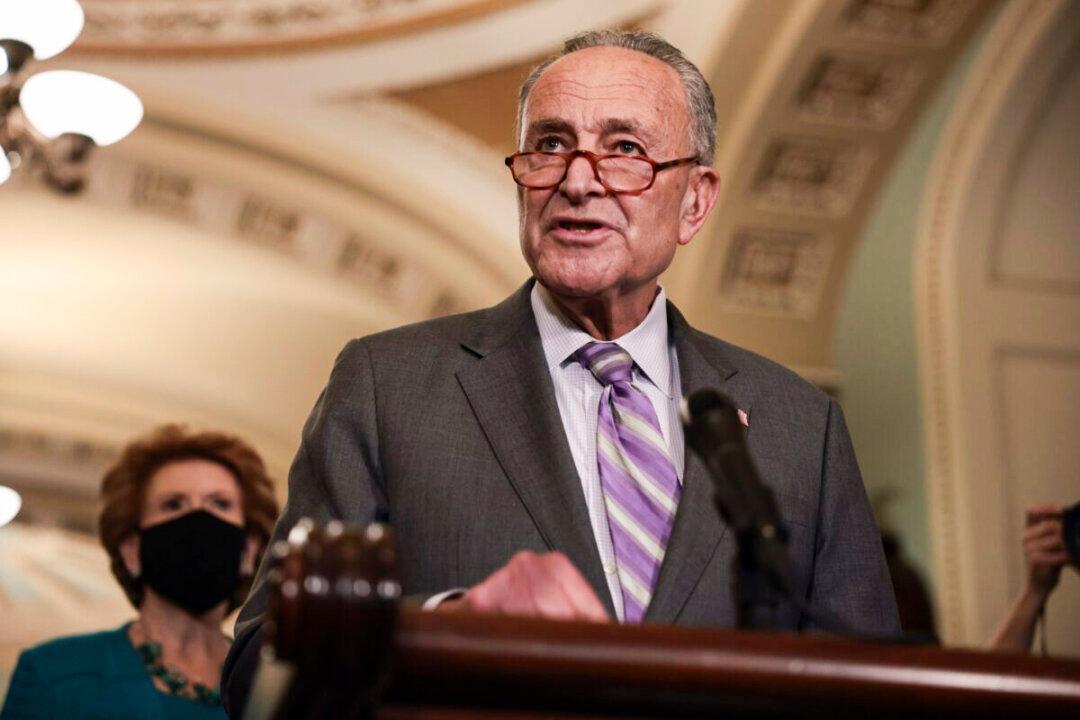Congress on Thursday voted to end normal trade relations with Russia and Belarus and to bar Russian oil imports into the United States in response to the nations’ invasion of Ukraine.
The Senate on Thursday morning passed the bill to end normal trade relations with Russia and Belarus in a 100–0 vote, a rare event in increasingly divided Washington. The bill to ban Russian imports of oil also was approved in a 100–0 vote.





